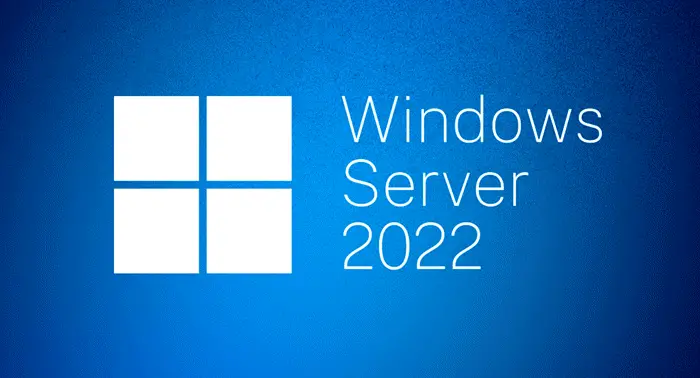Windows Server is a network of operating systems used by organizations for a customizable network of their own. In the 2022 version of Windows Server, we see Microsoft making big strides, especially in the areas of security and user data protection, but this is also accompanied by several features being discontinued. In this article, we will be discussing all features Microsoft has decided to remove or stop developing starting from Windows Server 2022.
Windows Server 2022 Features are removed or deprecated

Windows Server 2022 Features that are being removed
- Semi-Annual Channel
- Internet Storage Name Service (iSNS) Server
Semi-Annual Channel – The Semi-Annual Channel is what Microsoft generally uses to release a new version of their Server but this time around, the only primary channel is the Long-Term Servicing Channel (LTSC). Users are going to get 5 years of mainstream support that can be topped off with 5 years of extended support. The Semi-Annual channel is going to be continued with the Azure Stack HCI.
According to Microsoft, users will receive a new version of Windows Server every couple of years, and the channel will continue to receive security-cum-non security updates.
Internet Storage Name Service (iSNS) Server – After being considered for removal in Windows Server version 1709, Microsoft has decided to do away with the iSNS Server Service as well. Users of iSNS servers, however, can connect to them individually if they want.
Windows Server 2022 Features Microsoft will no longer be developing
These are the features that Microsoft will no longer be deploying its resources towards
- Guarded Fabric and Shielded Virtual Machines (VMs)
- Launching SConfig from a command prompt window
Guarded Fabric and Shielded Virtual Machines (VMs) – Microsoft’s alliance with Azure means that they are making substantial advances in the field of user security by making use of moving more and more data to the cloud. This will be done using Azure Confidential Computing and Azure Security Center. While Microsoft will continue to support these services, they won’t extend any further developments.
Launching SConfig from a command prompt window – Starting with Windows Server 2022, SConfig is going to launch by default upon sign in, provided you are running Core Server installation. If you exit from the SConfig, you’ll be taken to a regular PowerShell window. This automatic launch can also be disabled, if you wish to, in which case PowerShell will open upon sign-in.
To avoid confusion, Microsoft has decided to scrape off SConfig.cmd from the next version of their OS.
We hope that this post helps.
Read next: Windows Server 2022 Hardware Requirements.
Leave a Reply